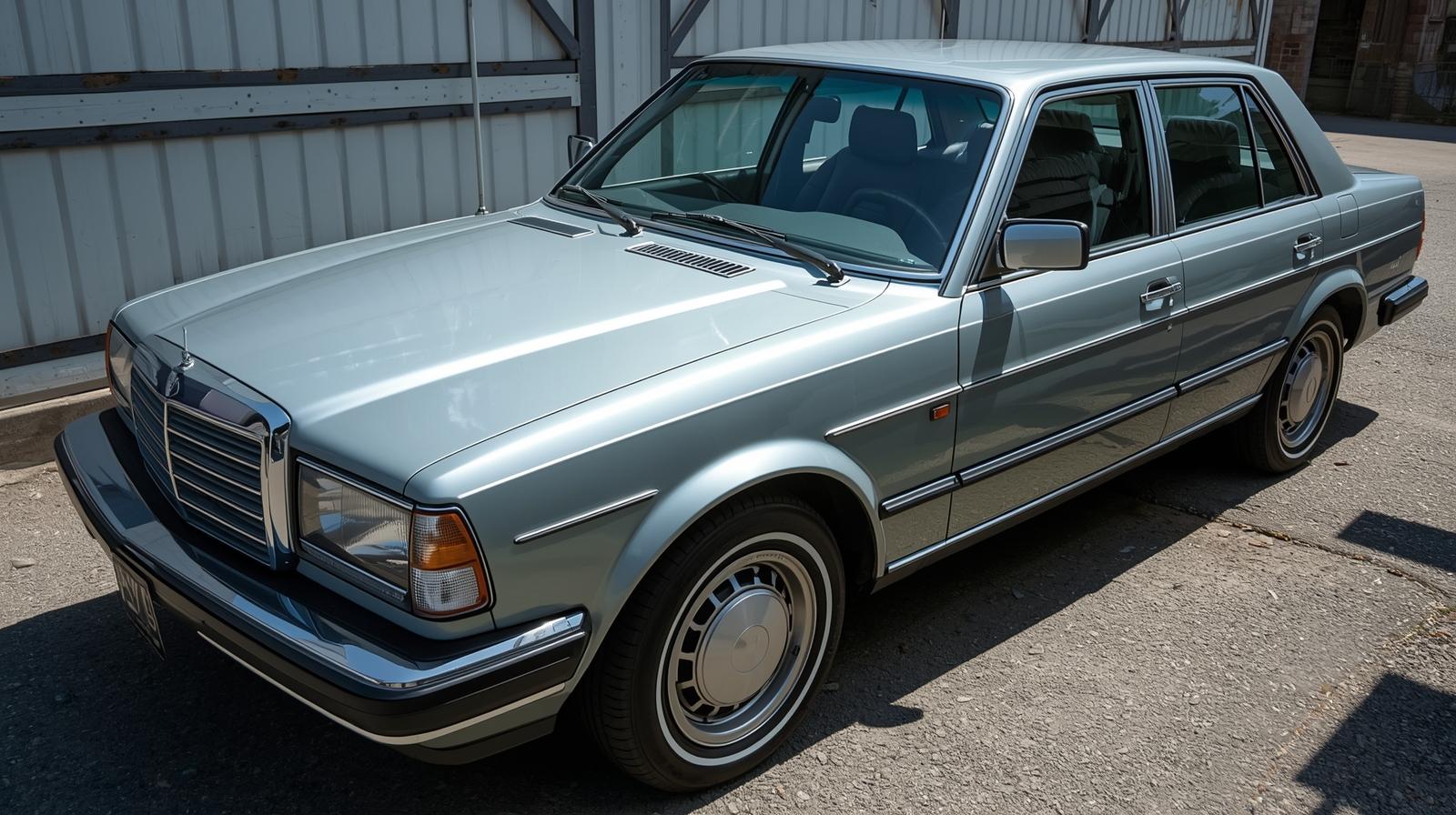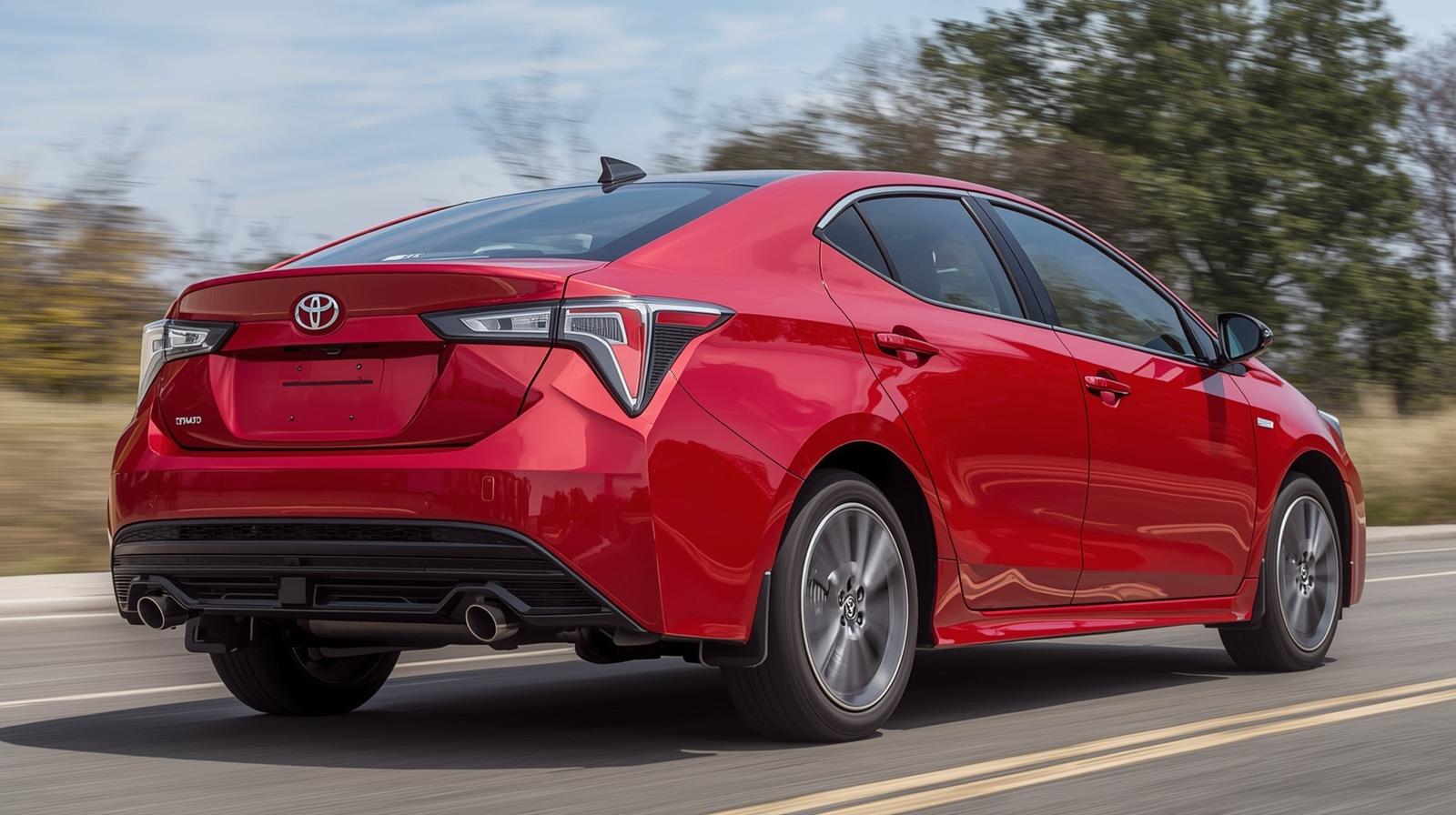Is Rental Car Insurance Worth It?
If you’ve rented a car recently, you’ve likely encountered the inevitable question at the counter: “Would you like to add rental car insurance to your reservation?” For many travelers, this moment can feel equal parts confusing and unnecessary. After all, you probably already have some kind of insurance coverage. However, navigating whether rental car insurance is worth the added cost can be tricky. To help you make an informed decision, we’ve broken down the key aspects of rental car insurance, including what it covers, alternative coverage options you may already have, and situations where opting for it might be worth the expense. Rental car insurance is typically segmented into four main types of coverage. Each serves a specific purpose, ensuring that you’re well-protected while driving a rental vehicle: 1. Collision Damage Waiver (CDW)/Loss Damage Waiver (LDW): This type of coverage protects you financially if the rental car is damaged or stolen. It often includes repair costs or vehicle replacement but doesn’t cover injuries or damage to other vehicles. It’s technically a waiver rather than insurance, as it means the rental company waives its right to hold you responsible for the damage. 2. Liability Insurance: If you cause damage to someone else’s property or injure another person while driving the rental, liability insurance can cover medical or repair expenses. Without this, you could be held personally responsible for damages. 3. Personal Accident Insurance: This coverage pays for medical expenses for you or your passengers in the event of an accident while driving the rental car. 4. Personal Effects Coverage: If your personal belongings are stolen from the rented vehicle, this additional coverage can help you replace them. Most rental companies will offer these as bundled options or allow you to pick and choose which coverage you want. The cost can range from $10 to $30 a day, increasing the overall expense of your rental. Before signing up for rental car insurance, it’s worth reviewing the coverage you might already have. Many people are surprised to learn that they may already be protected by their existing policies or credit card benefits. If you own a car, your personal auto insurance policy may extend to rental vehicles. Policies often include liability and collision coverage, meaning you might already have protection similar to what rental companies offer. However, there may be limitations, such as not covering rental cars used outside the U.S. or loss of use charges (a fee some rental companies charge for the time their vehicle is out of service). Pro Tip: Call your insurance provider before your trip to confirm whether your policy covers rentals, and be sure to ask about any exclusions. Many credit cards — especially premium ones — include rental car insurance as a benefit, as long as you use that card to pay for the rental. This is often secondary coverage, meaning it kicks in after your personal insurance has been used. Credit card coverage usually includes waivers for collision damage or theft but may exclude liability or personal accidents. Review your credit card’s policy carefully to understand what’s included. Keep in mind that not all cards offer this benefit, and there may be exclusions or requirements, such as opting out of the rental company’s coverage to make the card’s benefits valid. If you’ve purchased travel insurance for a trip, it’s possible that rental car coverage is included. Travel insurance policies sometimes bundle in rental car damage protection, among other benefits. While many personal and credit card policies offer some level of protection, they rarely cover everything. For example: Loss of Use Fees: Your personal insurance likely won’t cover the rental company’s loss of income while the car is being repaired. International Rentals: Policies might exclude coverage outside your home country. Exotic or Luxury Vehicles: Standard policies often exclude high-end or specialty vehicles. If these gaps leave you uneasy, purchasing supplemental rental car insurance might make sense. Rental car insurance isn’t necessary for everyone, but there are certain instances where it can be particularly beneficial: You Don’t Own a Car: If you don’t have personal auto insurance, you likely won’t be covered for liability or damage without rental insurance. International Travel: Rental car insurance can provide peace of mind when driving abroad, where your personal or credit card coverage may not apply. Keep in mind, some countries may also require you to purchase local insurance. Employer Rentals: If you’re renting a car for work purposes, personal coverage might not extend to the rental. Check with your employer and/or your personal insurer. Risk of High Out-of-Pocket Costs: If you’re worried about potential out-of-pocket costs, like loss of use fees, renting coverage can help avoid financial stress during your trip. Peace of Mind: If you don’t want to deal with the hassle of filing claims through a personal insurer or credit card, rental insurance offers a quick and straightforward solution. Not sure if you should opt in for rental car insurance? Follow these tips: Review Your Existing Coverage: Call your personal auto insurance and credit card providers to confirm what they cover. Assess Your Travel Plans: Consider factors like your destination, rental car use (business or personal), and the cost of the rental company’s insurance. Weigh the Costs: Balance the daily cost of rental insurance against potential out-of-pocket expenses if something goes wrong. Ask for a Breakdown: Rental companies sometimes bundle multiple types of coverage. By breaking it down, you can choose only what you need. Is rental car insurance worth it? The answer depends on your circumstances. If you already have robust coverage through your auto insurance or credit card, you might not need the added expense. However, in situations like international travel, renting for work, or when lacking sufficient existing coverage, opting for rental car insurance can save you significant headaches and unexpected costs. The key is to do your homework ahead of time, so you’re armed with the information you need to make the best decision at the rental counter. Driving off with confidence? Now that’s priceless!What Does Rental Car Insurance Cover?
Alternatives to Rental Car Insurance
1. Your Personal Auto Insurance
2. Credit Card Coverage
3. Travel Insurance
4. Renter Beware: Gaps in Coverage
When Is Rental Car Insurance Worth It?
Tips for Making an Informed Decision
Final Verdict




